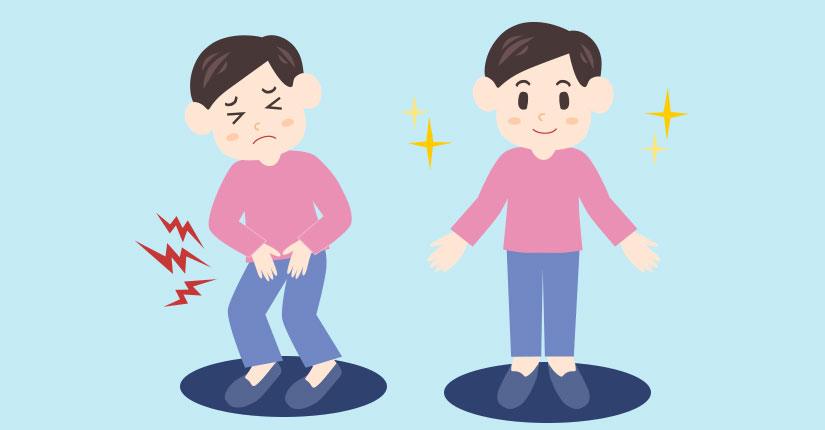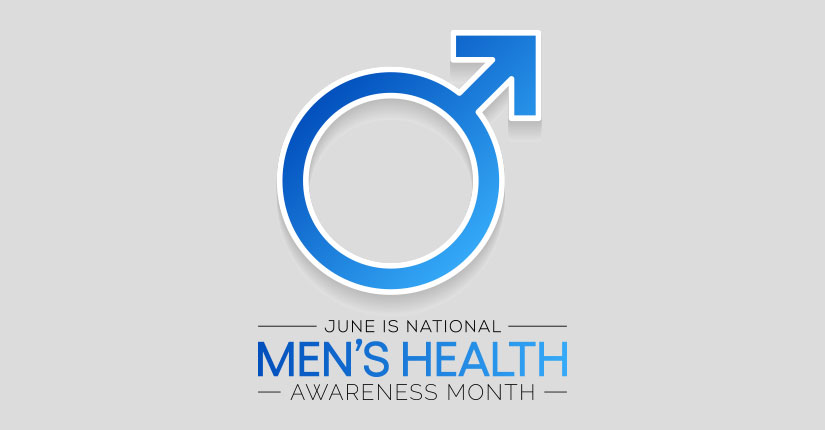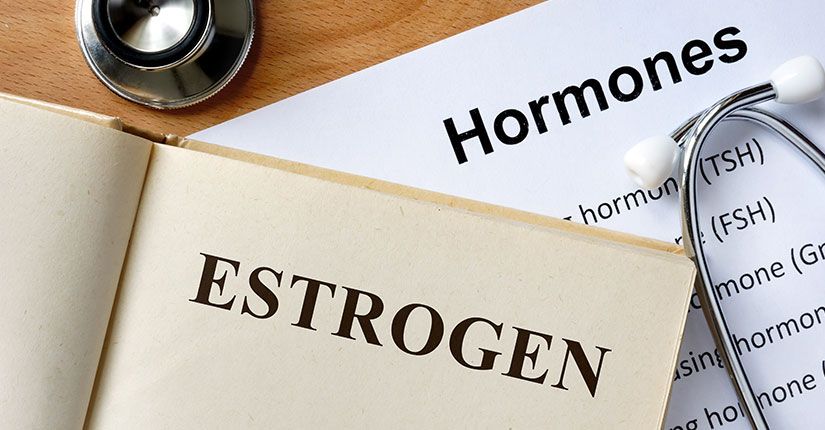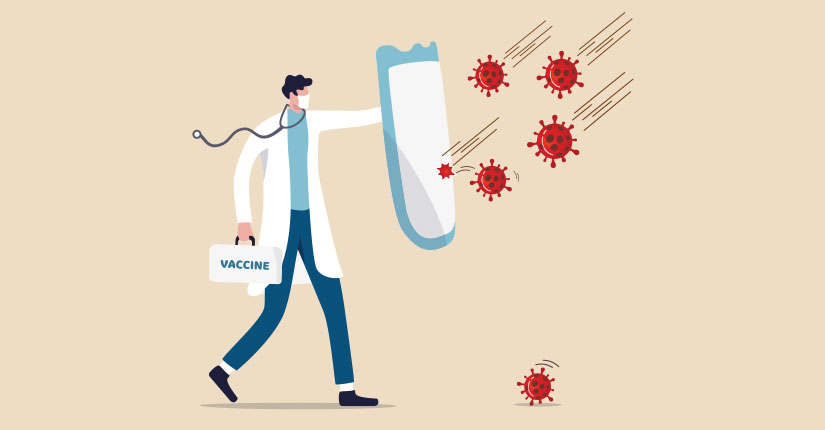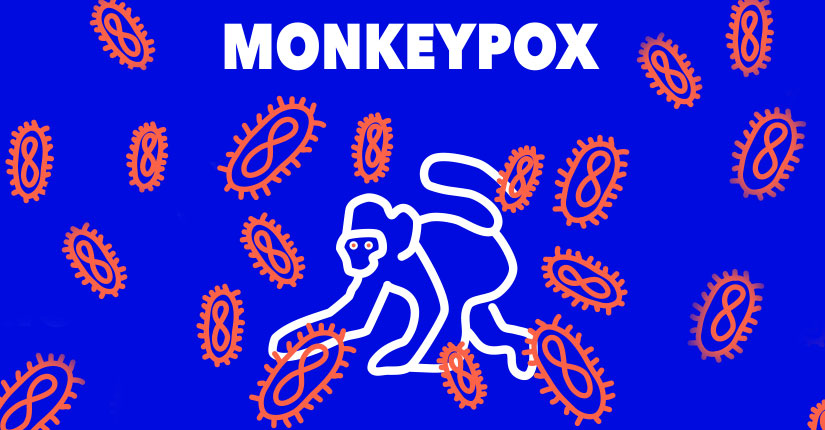The Role of Nutrition in Men’s Health: 7 Tips for a Balanced Diet
By: Admin Date: 16-Jun 2023 Reading Time: 5 Mins

When it comes to maintaining optimal health, nutrition plays a vital role for both men and women. However, men have unique nutritional needs that are often overlooked. A well-balanced diet is essential for men to support their physical and mental well-being, promote healthy aging, and reduce the risk of chronic diseases. In this blog, we will explore seven essential tips to help men achieve a balanced diet and enhance their overall health.
- Emphasize Lean Protein Sources
Protein is an essential nutrient for men, as it supports muscle growth, repair, and recovery. However, not all protein sources are created equal. Opt for lean protein sources such as chicken, turkey, fish, lean cuts of beef, eggs, and plant-based proteins like legumes, tofu, and quinoa. These options provide necessary amino acids while being low in saturated fats, reducing the risk of heart disease.
- Incorporate Nutrient-Dense Foods
To ensure that you’re getting a wide range of essential vitamins, minerals, and antioxidants, include a variety of colorful fruits and vegetables in your diet. Aim for at least five servings per day, focusing on leafy greens, berries, citrus fruits, and cruciferous vegetables. These nutrient-dense foods help reduce the risk of chronic diseases, including cardiovascular disease, certain cancers, and age-related macular degeneration.
- Prioritize Whole Grains
Swap refined grains for whole grains like brown rice, quinoa, oats, whole wheat bread, and whole grain pasta. Whole grains are rich in fiber, which aids digestion, regulates blood sugar levels, and supports heart health. Additionally, they provide a steady release of energy, keeping you fuller for longer and preventing overeating.
- Include Healthy Fats
Contrary to popular belief, not all fats are bad for you. Healthy fats are essential for hormone production, brain function, and overall well-being. Incorporate sources of monounsaturated and polyunsaturated fats like avocados, nuts, seeds, fatty fish (salmon, mackerel), and olive oil into your diet. These fats can help lower bad cholesterol levels and reduce the risk of heart disease.
- Watch Your Sodium Intake
Excessive sodium intake can contribute to high blood pressure, which is a risk factor for heart disease. Be mindful of your sodium consumption by reducing the intake of processed foods, canned soups, and fast food. Opt for fresh, home-cooked meals that allow you to control the amount of salt used. Experiment with herbs, spices, and natural flavour enhancers to add taste to your dishes without relying on excessive salt.
- Stay Hydrated
Proper hydration is crucial for overall health and well-being. Water aids digestion, nutrient absorption, and toxin elimination. Aim to drink at least eight cups (64 ounces) of water per day, or more if you’re physically active. If plain water feels monotonous, flavor it with fresh fruits or herbs for a refreshing twist.
- Limit Alcohol and Caffeine
While moderate alcohol consumption may have some health benefits, excessive alcohol intake can lead to numerous health issues, including liver disease, heart problems, and increased cancer risk. Aim to drink alcohol in moderation, which means no more than two drinks per day for men. Similarly, be mindful of your caffeine intake as excessive consumption can disrupt sleep patterns and contribute to anxiety or restlessness.
Conclusion
Maintaining a balanced diet is essential for men’s overall health and well-being. By incorporating lean proteins, nutrient-dense foods, whole grains, and healthy fats, and monitoring sodium intake, men can reduce the risk of chronic diseases and support their physical and mental performance


